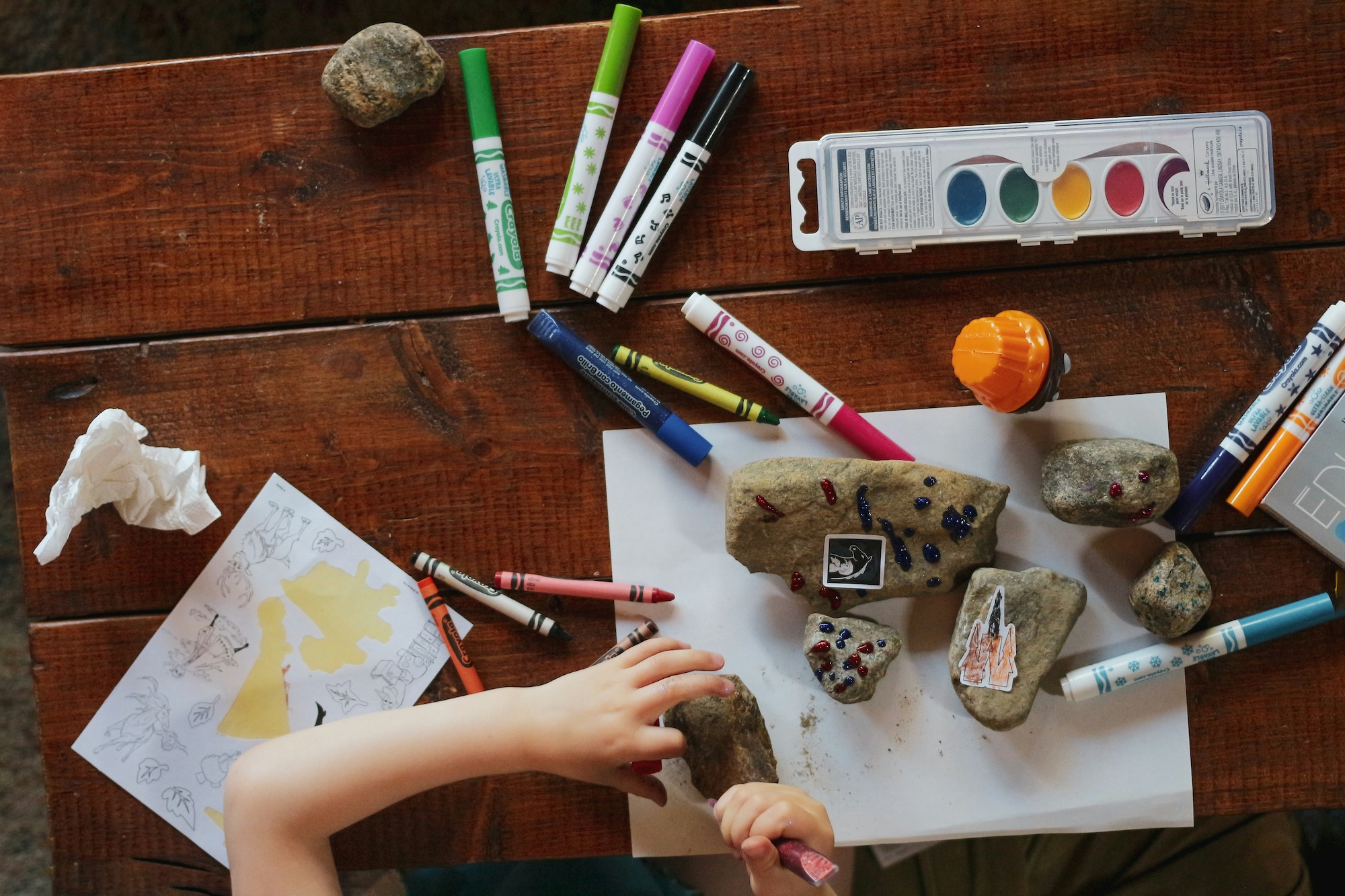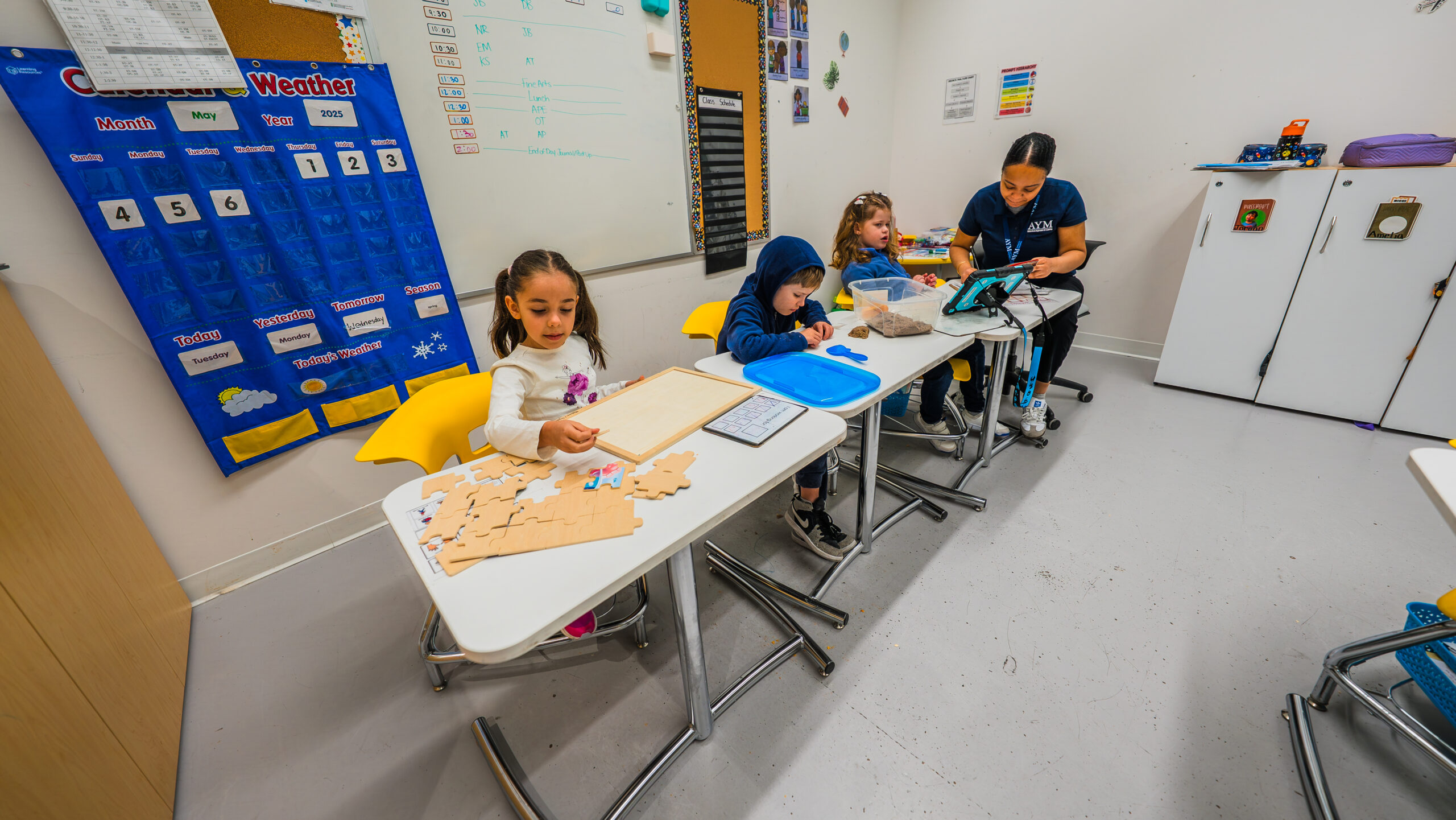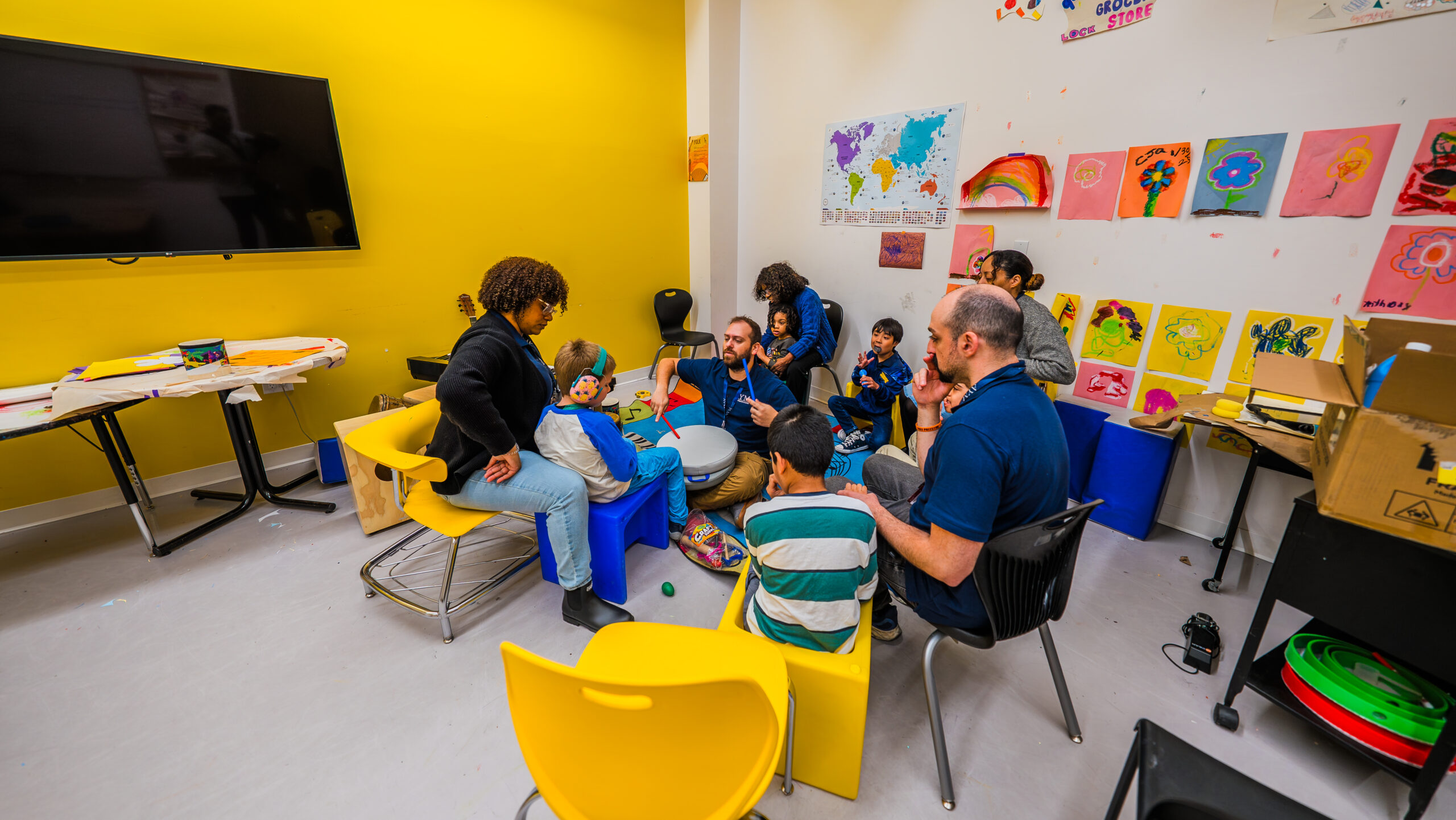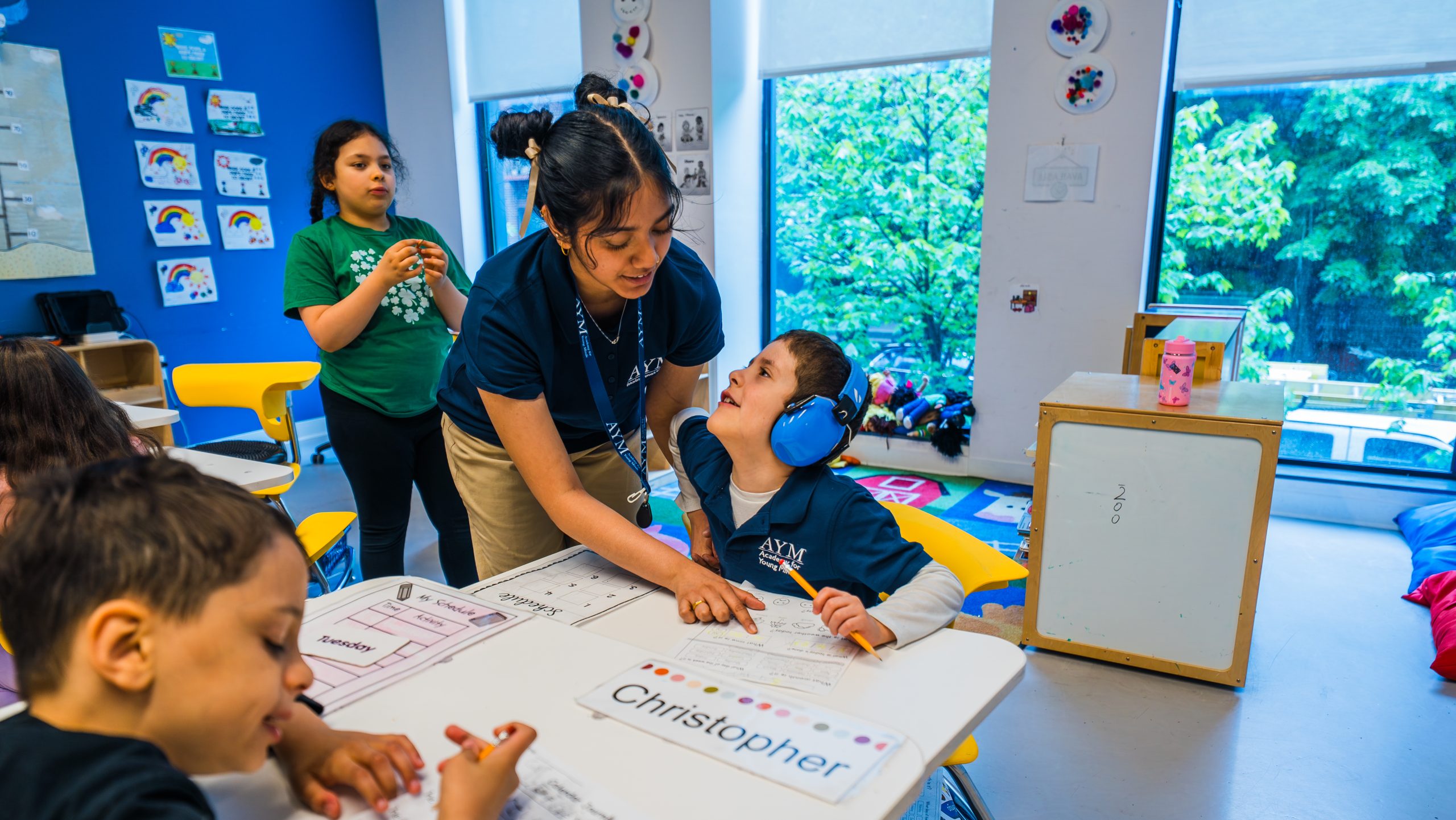Benefits of Sensory Play at Home for Your Child with Autism
We learn through our sensory experiences. It is the key to our brain development, especially as children. For children with autism, navigating the world of sensory input can be a challenge. Sensory play can harness these sensory experiences, transforming them into pathways for significant development progress.
Sensory play provides an engaging and supportive way to enhance understanding of their environments, enabling autistic children to make sense of the world around them. It is a critical part of their learning and emotional development.
Sensory Integration and Brain Development
Sensory activities play an important role in development by supporting sensory integration, which is crucial for enhancing perception and interaction with their environment. These activities stimulate the brain and promote the creation of new neural connections essential for sensory processing.
As a result, sensory play has enormous benefits, including improved coordination, communication, social interaction, and fine and gross motor abilities. By engaging sensory play, children explore and learn in a way that enriches their understanding of the world around them.
Reducing Anxiety Through Sensory Play
Anxiety often goes hand-in-hand with autism spectrum disorder and can be the driver of many behaviors. Sensory play can serve as an effective strategy for anxiety management. It helps by offering vital sensory input, which aids the brain in processing and organizing information more efficiently.
By playing with tactile toys, participating in messy play, or exploring various textures, children can redirect their focus in a more positive way. Sensory toys can soothe and calm the child, while providing them experiences to keep them engaged and attentive.
Emotional Regulation
By giving your child enhanced control over their sensory input, they improve their ability to manage and understand their emotions. Engaging in sensory-rich activities helps them navigate and express their feelings in a more constructive way.
Through sensory play, children have the opportunity to experiment with different textures, sounds, and visual inputs, which helps them develop coping mechanisms for stressful or overwhelming situations.
Exploration and Creativity
Encouraging children with autism to delve into sensory activities like exploring different textures, smells, and sounds significantly expands their curiosity and comprehension of the world around them. This is essential for their cognitive and creative development, fostering an environment where problem-solving skills flourish.
Children can discover new ways of expressing themselves, improving their ability to think critically. They develop a more connected, deeper understanding of their surroundings.
Implementing Sensory Play through a Sensory Diet
Your child’s sensory diet, developed by the occupational therapists at Academy for Young Minds and tailored to your child’s needs, can make an enormous impact on helping them manage their sensory needs throughout the day. This approach incorporates various sensory activities that align with the child’s unique preferences and challenges. These activities might include auditory input, tactile play, or movement exercises, integrated into their daily routine.
By doing this, they are consistently receiving the sensory input that helps them stay focused, organized, and calm. The collaboration between parents and educators is crucial in seamlessly integrating these practices in both settings, making sure the child benefits from a cohesive and supportive sensory diet.
Sensory play is not just a way to pass time; it is a vital educational tool that supports the comprehensive development of children with autism. For more detailed information on how sensory integration is a critical piece of your child’s time at Academy for Young Minds, reach out here.
Resources:
https://www.autismparentingmagazine.com/sensory-activities-children/
https://aymschool.org/what-academy-of-young-minds-does-to-prioritize-sensory-integration/



